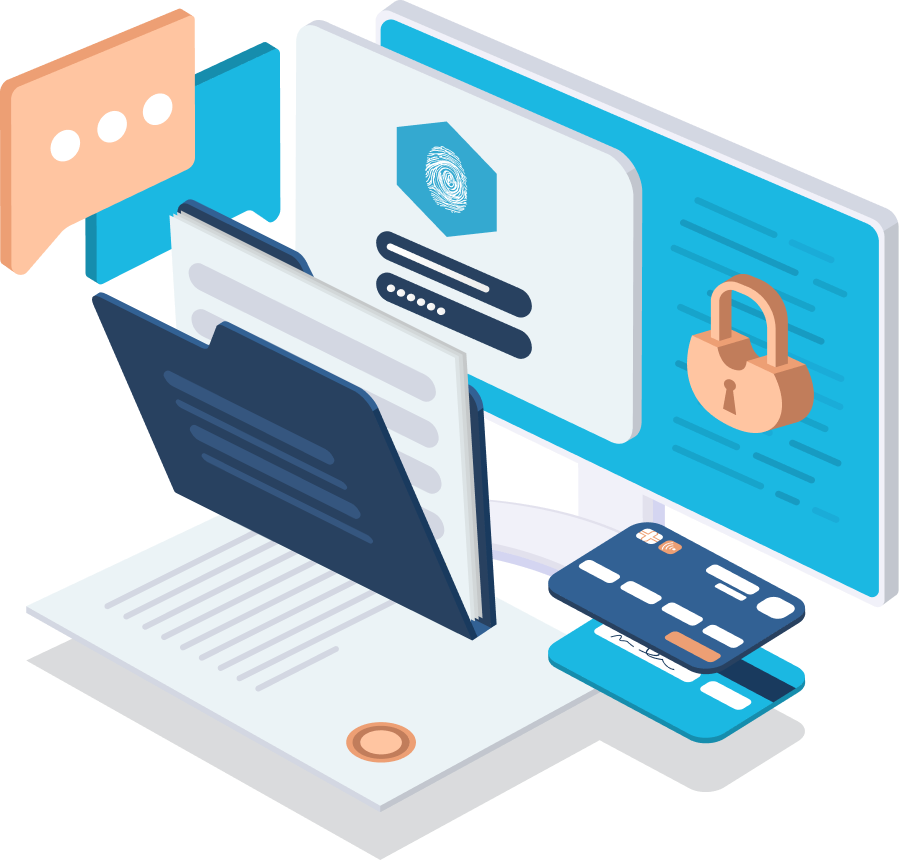We keep your data safe, big and small.
We specialize in data security, compliance and data automation.
At littledata, we focus on helping SMB’s to not just survive but thrive by securing and fully utilisng your data.

Services
Learn how littledata can help your business

SOC 2, ISO, HIPAA, Cyber Essentials areall the security frameworks and certifications today are an acronym soup that can make even a compliance expert’s head spin. We can help you understand differences between standards, which is best for your business, and how vulnerability management can aid compliance.
Optimize your security investment for maximum value.
- Blue Team Services: Continuous monitoring and threat detection. Incident response planning and execution. Security awareness training for employees.
- Red Team Services: Simulated cyber attacks to identify vulnerabilities. Penetration testing and ethical hacking. Recommendations for strengthening security posture.
- Compliance and Audit: Comprehensive cybersecurity audits. Assistance in obtaining relevant certifications. Including ISO27000, SOC 1&2, CMMI & COBIT.
DataOps consulting services involve providing guidance, expertise, and support to organizations looking to implement DataOps principles and practices in their data management and analytics processes. DataOps is an extension of the DevOps philosophy, focused on improving the efficiency, collaboration, and automation of data-related activities.
Get maximum value out of your security spend
- Assessment and Strategy Development
- Process Design and Automation
- Tool Selection and Implementation
- Data Pipeline Architecture
DevSecOps consulting services involve providing expertise, guidance, and support to organizations aiming to integrate security practices into their DevOps processes.
Prioritize what holds value for you.
- Security Assessment and Strategy
- Security Integration in DevOps Pipelines
- Security Training and Culture
- Secure Code Development
Take action and secure your customers digital lives
At littledata, we focus on helping SMB’s to not just survive but thrive by securing and fully utilisng your data.



